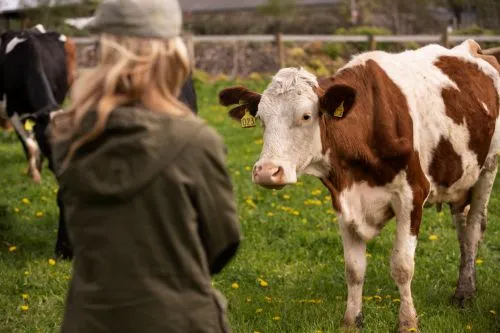1103

According to the ANZM (National Agency of the Mountain Area), the Carpathian Convention is a subregional treaty aimed at promoting sustainable development and protection of the Carpathian region.
It was signed in May 2003 by seven Carpathian states: Czech Republic, Hungary, Poland, Romania, Serbia, Slovakia, and Ukraine. The Framework Convention on the Protection and Sustainable Development of the Carpathians was adopted and signed by the seven parties in May 2003 in Kyiv, Ukraine, and entered into force in January 2006.
It is the only multi-level governance mechanism covering the entire Carpathian region and, along with the Alpine Convention, the second subregional treaty-based regime for the protection and sustainable development of a mountain region worldwide.
The common vision of the parties to the Carpathian Convention is to pursue comprehensive policies and cooperation to ensure the sustainable protection and development of the Carpathians. Improving the quality of life, strengthening economies and local communities, as well as preserving natural values and cultural heritage, are intended to be unified for the entire Carpathian area.
The Convention provides a framework for cooperation and coordination of multisectoral policies, a platform for common strategies regarding sustainable development, and a dialogue forum among all stakeholders involved—from the local community and various NGOs to regional and national governments, European Union institutions, and the United Nations.
The National Agency of the Mountain Area (ANZM) represents the Ministry of Agriculture and Rural Development in relation to the secretariat and the Romanian focal point of the Carpathian Convention (the Ministry of Environment, Waters, and Forests) regarding the management of the Protocol on Sustainable Agriculture and Rural Development.
Romania, through the National Agency of the Mountain Area, holds the presidency of the Working Group on Sustainable Agriculture and Rural Development (WG SARD). In this regard, from April 26-27, 2023, ANZM organized the 6th meeting of the WG SARD, attended by representatives from all the states party to the Carpathian Convention.
The working group took place at the headquarters of the National Agency of the Mountain Area in Vatra Dornei, Suceava County. On the first day, a practical application was carried out, visiting representative sites in the Dorna and Câmpulung Moldovenesc basins. The second day was dedicated to discussions in the meeting room.
One of the main topics of the meeting was "Pastoralism." The theme is in line with the International Year of Rangelands and Pastoralists, as declared by the United Nations for the year 2026, which aims to give relevant importance to the vital pastoral practices and traditions in the Carpathian region.
In addition to the main topic, the following themes were also discussed:
• Good Practice Models: Short Food Supply Chains - From Farm to Consumer; • Association of farmers and processors in the mountain area: Advantages & good practice models; • Association of farmers and processors in the mountain area: Advantages & good practice models.





